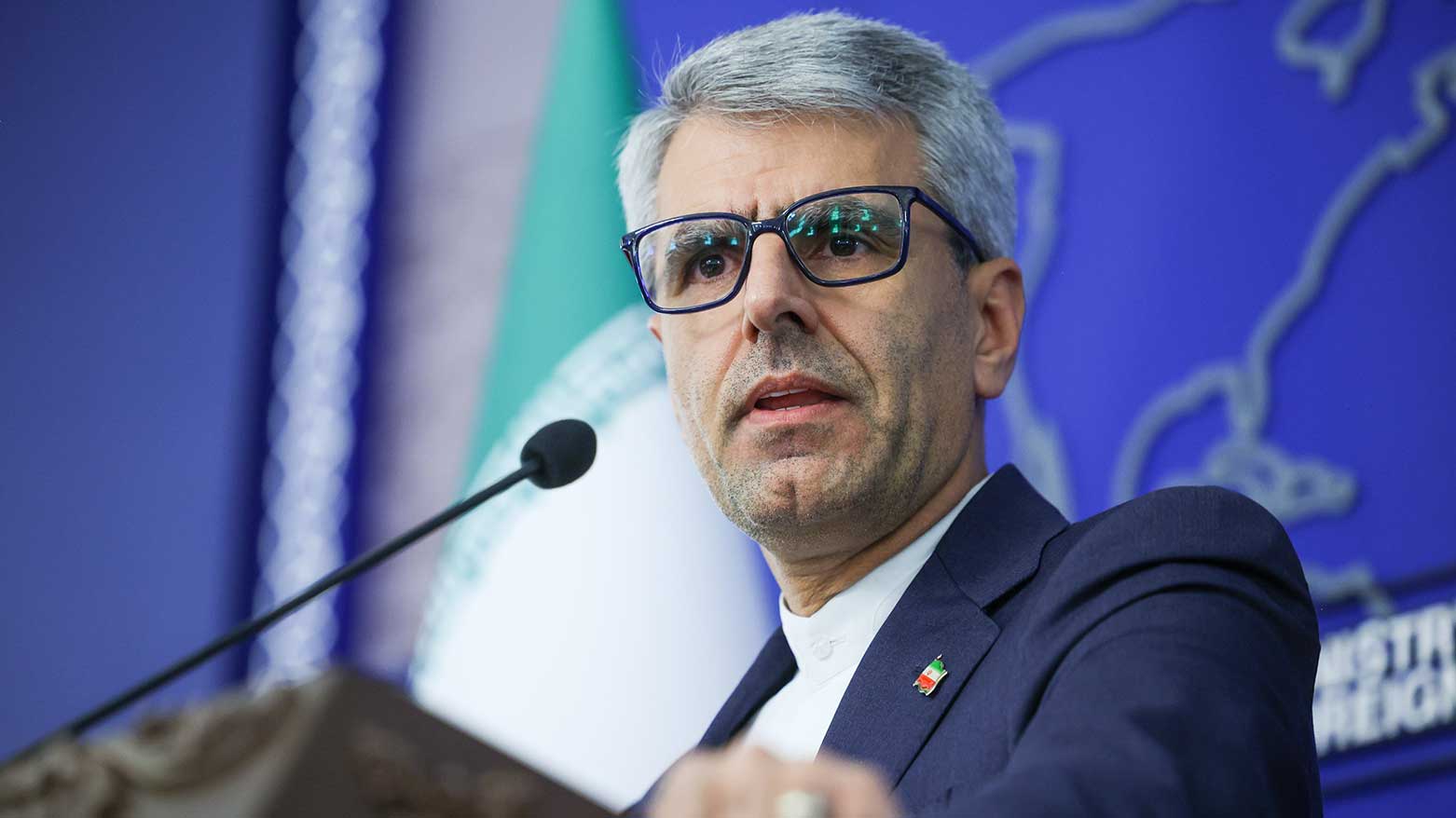Iran Denies Interference in Gaza Ceasefire Talks, Rejects Trump’s Accusations
"I think they got involved in this negotiation, telling Hamas, giving Hamas signals and orders—and that's not good," Trump told reporters, offering no further details.

ERBIL (Kurdistan24) — Iran on Tuesday firmly rejected claims by former U.S. President Donald Trump that it had interfered in the latest round of ceasefire negotiations between Israel and Hamas, calling the accusations "absolutely baseless" and politically motivated.
Speaking Monday during a visit to Scotland, Trump alleged that Iran had "interjected themselves in this last negotiation" that recently concluded without a truce agreement. "I think they got involved in this negotiation, telling Hamas, giving Hamas signals and orders—and that's not good," Trump told reporters, offering no further details.
In response, Iranian Foreign Ministry spokesperson Esmaeil Baqaei dismissed the remarks as “a form of projection and evasion of responsibility” on Trump’s part. He insisted that Hamas does not require external instruction to represent the interests of the Palestinian people.
“Hamas negotiators do not need the intervention of third parties,” Baqaei said. “They recognize and pursue the interests of the oppressed people of Gaza in the most appropriate manner.”
Iran dismisses allegations of involvement in Gaza ceasefire negotiations @IRIMFA_SPOX , Esmail Baqaei, rejected an allegation by the US president that Iran is interfering in #Gaza ceasefire negotiations.
— Foreign Ministry, Islamic Republic of Iran 🇮🇷 (@IRIMFA_EN) July 29, 2025
In response to a question posed by IRNA news agency, Baqaei stated, “The… pic.twitter.com/kWuWYMJydJ
The latest ceasefire negotiations—mediated by the United States, Egypt, and Qatar—were held earlier this month in Doha but ended without a breakthrough. Both Israel and Hamas blamed each other for the failure to compromise on key issues that could have ended a war that has now stretched on for nearly 22 months.
The exchange of accusations comes in the shadow of a broader regional escalation. Last month, Israel launched a surprise offensive against Iran, targeting military and nuclear facilities. The United States briefly joined the conflict by striking Iranian nuclear sites, prompting Tehran to retaliate with missile and drone attacks.
Trump further criticized Iran on Monday, saying that since its 12-day conflict with Israel concluded, Tehran had been “sending very bad signals.” While he did not elaborate, observers believe he may have been referring to either the stalled nuclear negotiations with Washington or Iran’s continued backing of regional militant groups—a long-standing concern for the U.S. and its allies.
In his statement, Baqaei turned the criticism back on Washington, urging the U.S. to halt arms shipments to Israel and to pressure its ally to “stop the genocide” and allow humanitarian aid into Gaza.
The latest round of blame trading underscores the fragile state of diplomatic efforts in the region, as international mediators struggle to forge a lasting ceasefire while geopolitical tensions continue to escalate.